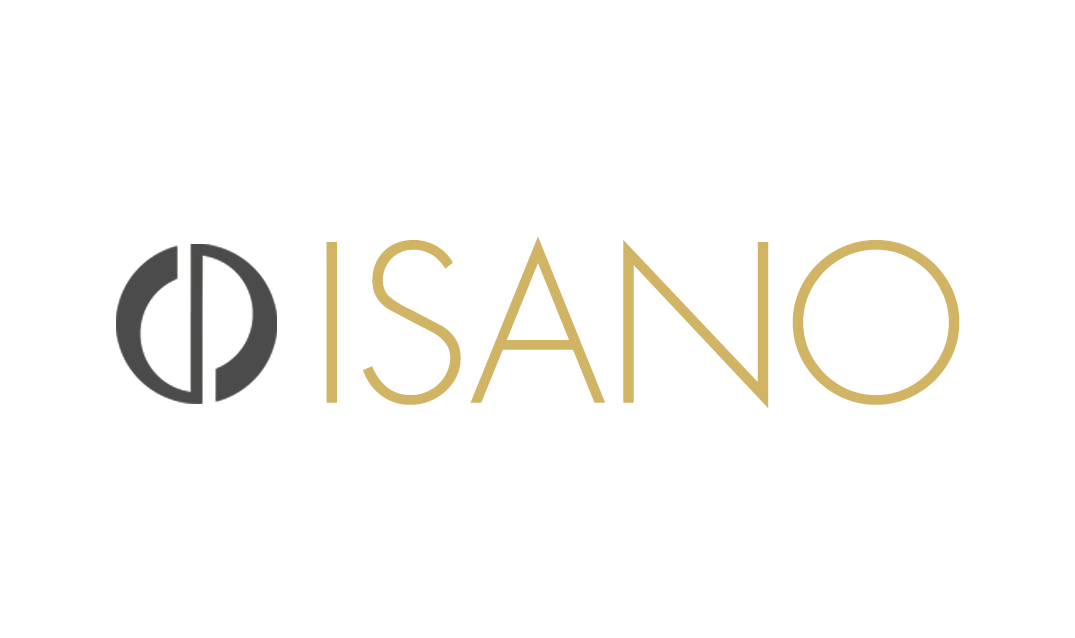Some Vitamins and Minerals May Reduce Alcohol Toxicity

The only way to protect the liver long-term is to eliminate or drastically reduce drinking. Because alcohol depletes so many important nutrients from the body, the multivitamin for alcoholics root causes of withdrawal symptoms are often nutrient deficiencies that have built up over time. Several mechanisms have been implicated in the apparent loss of alcohol-derived energy (Feinman and Lieber 1998). For example, some of the energy may be used up (wasted) during the breakdown of alcohol by a pathway known as the microsomal ethanol-oxidizing system (MEOS). Milk Thistle (also known as Mary Thistle) is no stranger to heavy drinkers.
How Doctors and Nutritionists Can Help
Staying hydrated is also essential, as dehydration can be mistaken for hunger and trigger alcohol cravings. Be sure to drink plenty of water and avoid excessive caffeine, which can cause further dehydration. In a 2011 study, drug addiction treatment 20 participants recovering from AUD took a dietary supplement with D-phenylalanine, L-glutamine, and 5-HTP during detox. Results indicated reduced psychiatric symptoms and improved mental well-being and immune function. Supplements can help reduce alcohol cravings by addressing nutritional deficiencies, regulating neurotransmitters, and providing antioxidant support, among other mechanisms.
- Several mechanisms have been implicated in the apparent loss of alcohol-derived energy (Feinman and Lieber 1998).
- It can trigger irritable bowel syndrome, acid reflux, and other gastrointestinal illnesses, too.
- In addition, alcohol exerts some harmful effects through its breakdown (i.e., metabolism) and the resulting toxic compounds, particularly in the liver, where most of the alcohol metabolism occurs (Lieber 1992, 2000).
- If your goal is to begin an empowering, holistic adventure to start living your best life beyond booze, check out Total Alcohol Recovery 2.0.
- So citric acid is an exfoliant, that can – just like other AHAs – gently lift off the dead skin cells of your skin and make it more smooth and fresh.
Essential Vitamins for Recovery and Healing

This amino acid occurs naturally in the body and many protein-rich foods, and is a building block for some of the brain chemicals that regulate anxiety and depression. Magnesium supplements can improve cognitive deficits caused by chronic alcohol abuse by improving cerebral blood flow10. Vitamin C also plays a significant role in collagen production, which is depleted after heavy alcohol consumption. Restoring collagen levels can improve the skin, blood vessels, and connective tissues. While taking vitamins can’t “cure” the consequences of increased alcohol intake, they play a critical role in the recovery of chronic alcoholics.

Woman donates part of her liver to a stranger after her husband received kidney and liver transplants

Alcohol also enhances the activity of the central enzyme of the MEOS, cytochrome P450 2E1, which exacerbates some of the toxic effects of acetaldehyde and generates a harmful condition called oxidative stress in the cells. In the blood, short-term administration of alcohol results either in unchanged or increased vitamin A levels (Sato and Lieber 1981). Studies using baboons found that long-term feeding of alcohol raised the animals’ blood levels of beta-carotene (Leo et al. 1992), and increased beta-carotene levels in the blood also were found in human alcoholics (Ahmed et al. 1994). The latter study found that the levels of vitamin A–related compounds, particularly vitamin A itself, were reduced in the livers of patients with liver disease (whether alcohol related or not) compared with the other groups (see figure 2). The decreases were greatest in patients with the most severe form of alcoholic liver disease (cirrhosis). Impaired conversion of ingested beta-carotene to vitamin A in the liver during alcohol consumption may partially explain why the concentration of vitamin A in the liver is reduced, especially at advanced stages of alcoholic liver disease.

If you’re working on reducing your drinking, milk thistle can be one way to protect your liver from the damaging effects of alcohol. If you’re in recovery from alcohol use disorder, adding this supplement into your diet can help with anxiety, depression, chronic pain, and many other issues that might trigger alcohol cravings. In this post, we’ll discuss the relationship between alcohol and nutrition, plus 12 of the best supplements and vitamins for alcoholics in recovery.

Is there a supplement to stop drinking?
Similarly, the alcohol content varies greatly among beverages, ranging from approximately 40 to 50 g/L in beer and coolers, to approximately 120 g/L in wine and prepacked cocktails, to 400 to 500 g/L in distilled spirits. An average drink— namely, 5 ounces (oz) of wine, 12 oz of beer, or 1.5 oz of distilled beverage— contains 12 to 14 grams of alcohol. Pure alcohol provides approximately 7.1 kilocalories per gram (kcal/g), compared with 4 kcal/g for carbohydrates. Taking a vitamin B-complex supplement during alcohol can help support physical recovery from alcohol abuse and help to prevent withdrawal-related complications. Heavy drinking can disrupt the body’s ability to properly absorb B vitamins, which help to support heart function, healthy skin, digestion, and energy production.
- If you have alcohol use disorder (severe problem drinking that affects about 15 million people in the U.S.), these feelings can make it even harder to make good choices when it comes to both food and alcohol.
- A doctor may recommend taking supplements to help them through the detoxification process.
- Remember to consult a healthcare professional for personalized advice on nutritional supplementation.
- If you’re having issues with your drinking habits, don’t hesitate to seek out treatment options to help you stay sober.
- As such, your body is leeched of it’s normal reserves of crucial vitamins – especially your B-complex vitamins.
- In addition to an improved diet to reverse nutritional deficiencies, alcoholics with moderate malnutrition also might benefit from treatment with anabolic steroids (Mendenhall et al. 1995).


Leave a Reply
Want to join the discussion?Feel free to contribute!